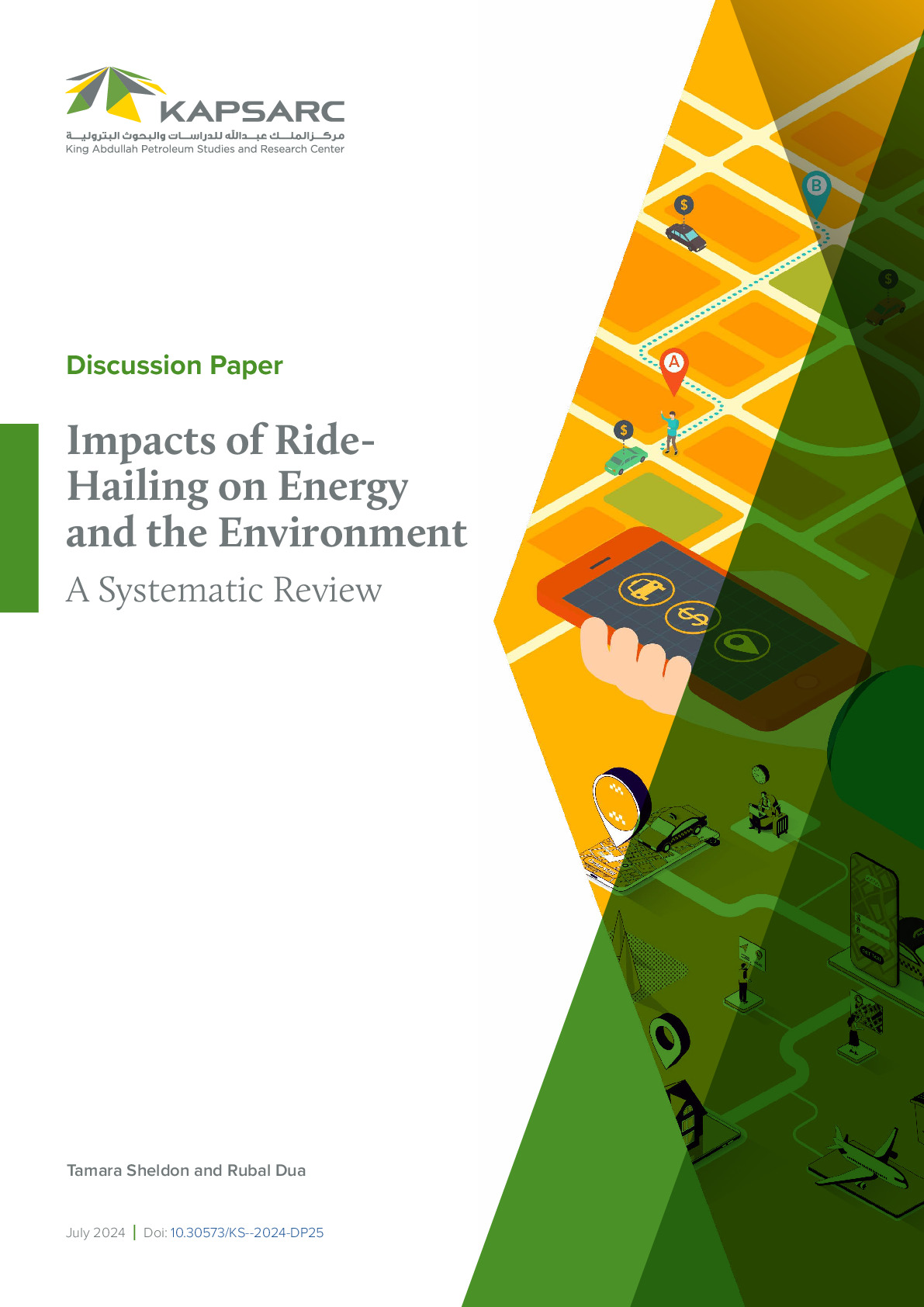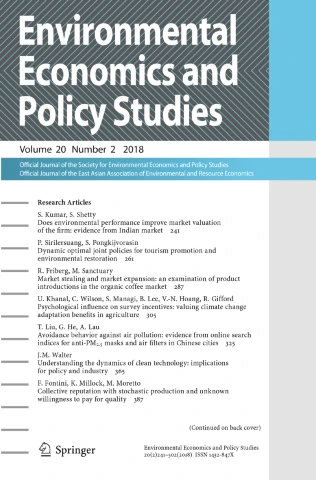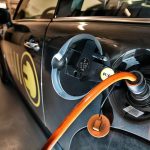The lack of repeat adoption of low carbon technologies has implications for climate change mitigation. In this insight, we explore how many electric vehicle owners dispose of their electric vehicles and do not buy another when purchasing their next car. We also investigate their reasons for discontinuing their electric vehicle ownership. We highlight the policy implications of these findings, comparing policies aimed at promoting adoption vis-à-vis sustaining adoption.

Fellow
Rubal is a research fellow at KAPSARC focused on understanding consumer decision making, in particular, consumer choice of energy-efficient technologies…
Rubal is a research fellow at KAPSARC focused on understanding consumer decision making, in particular, consumer choice of energy-efficient technologies and mobility options under alternative technology and policy scenarios. Before joining KAPSARC, Rubal gained a Ph.D. at KAUST designing advanced carbon materials for energy and environmental applications, with a particular focus on energy storage, carbon capture, waste-water treatment, and hydrogen generation via solar water splitting. Prior to that, he worked at the University of Pennsylvania on a semiconductor industry-funded project, developing a continuum modeling framework for simulating the physics of micro defect formation in silicon crystals.
Expertise
- Behavorial decision science
- Consumer adoption
- Energy-efficient mobility and shared autonomous mobility-on-demand
Publications See all Rubal Dua’s publications

Impacts of Ride-Hailing on Energy and the Environment: A Systematic Review
The lack of repeat adoption of low carbon technologies has implications for climate change mitigation.…
15th July 2024
Energy Price Reform to Mitigate Transportation Carbon Emissions in Oil-Rich Economies
The lack of repeat adoption of low carbon technologies has implications for climate change mitigation.…
2nd April 2024

